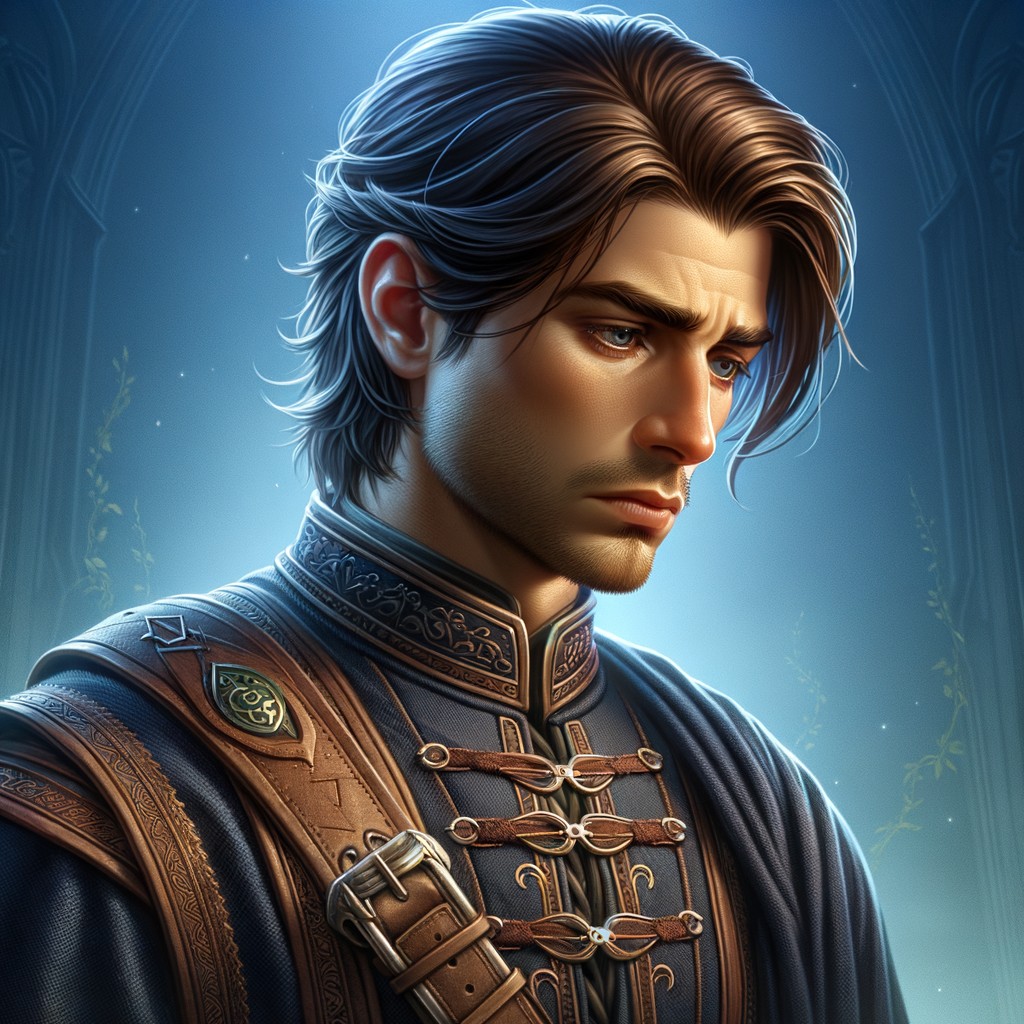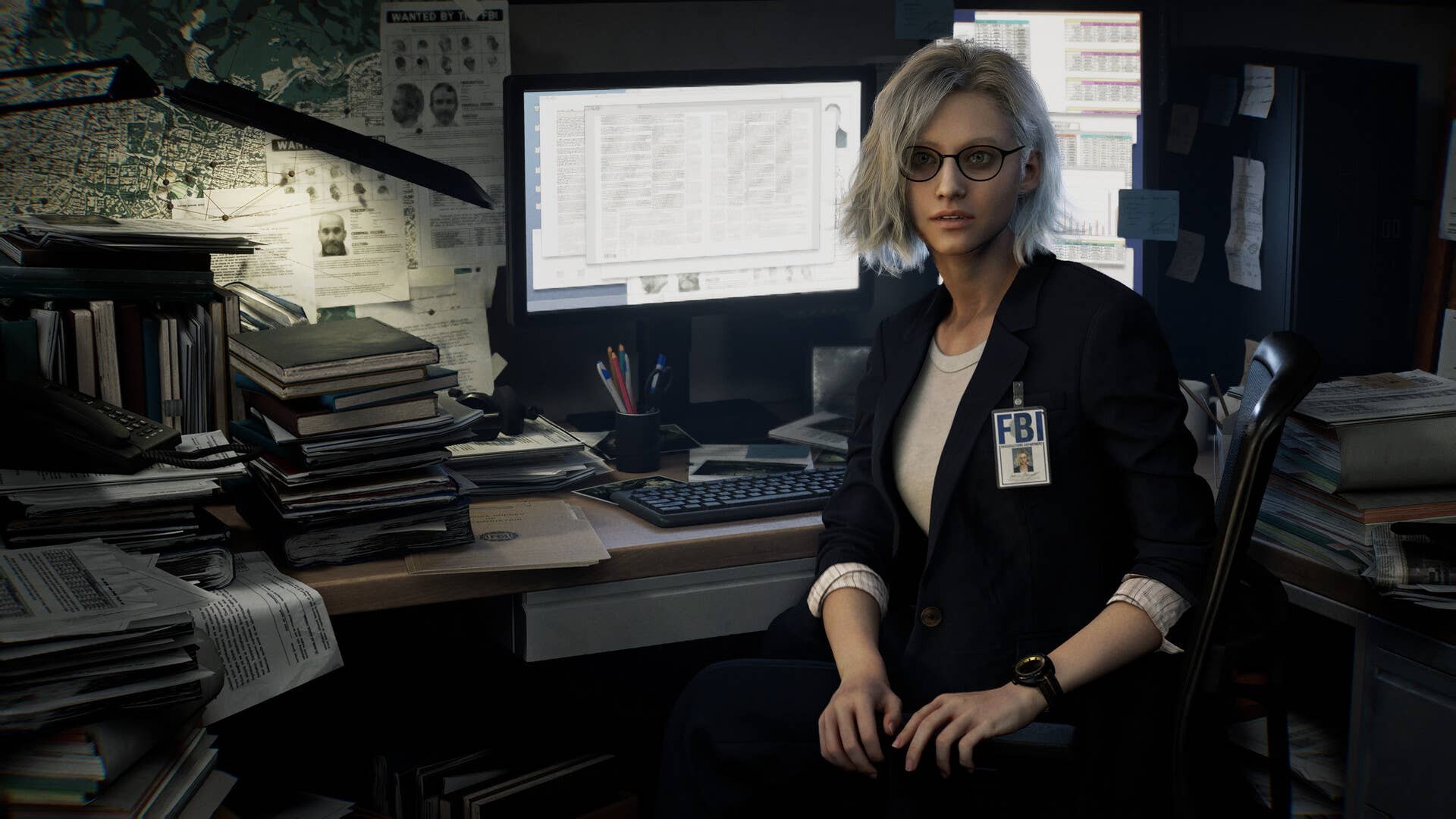BioWare’s Bold Proposal: A Dragon Age Remaster Trilogy That Never Was
In the ever-evolving world of gaming, where nostalgia often drives innovation, the idea of revisiting beloved classics is a tantalizing prospect. Recently, BioWare, the famed developer behind the critically acclaimed Dragon Age series, pitched the idea of a remastered trilogy titled Dragon Age: The Champions Trilogy. However, this ambitious concept was reportedly turned down by Electronic Arts (EA), leaving fans to ponder what might have been.
The Dream of a Remastered Trilogy
According to a detailed report by [Kotaku](https://kotaku.com/dragon-age-champions-remaster-origins-2-inquisition-2000616855), BioWare presented a “soft pitch” to EA, envisioning a remaster that would bring together Dragon Age: Origins, Dragon Age II, and Dragon Age: Inquisition. This trilogy aimed to not only enhance the graphics and gameplay mechanics but also to unify the narrative experience across all three games. Such a project would have allowed both veteran players and newcomers to experience the rich lore and complex characters of Thedas in a new light.
The allure of remastering these titles is clear. Dragon Age: Origins set a high bar with its deep storytelling and strategic combat, while Dragon Age II offered a more focused narrative with a faster-paced combat system. Dragon Age: Inquisition, on the other hand, expanded the series into an open-world format, winning Game of the Year awards in 2014. A remastered trilogy could have seamlessly integrated these diverse experiences into a cohesive package, offering enhanced graphics and performance for modern platforms.
EA’s Decision to Decline
Despite the potential appeal, EA decided not to pursue BioWare’s proposal. While the specific reasons for this decision remain undisclosed, several factors could have influenced EA’s stance. The cost and resources required for such an extensive remastering project might have been significant, especially considering the technological advancements needed to bring older games up to contemporary standards.
Furthermore, EA’s strategic focus may be shifting towards new projects and future installments in the Dragon Age series, such as the much-anticipated Dragon Age: Dreadwolf. Investing in a remaster could have diverted resources from developing new content that aligns with their long-term vision for the franchise.
The Impact on Fans and the Industry
The news of the declined remaster has undoubtedly left a mark on the Dragon Age community. Fans have long expressed a desire to revisit the early days of the franchise with modern enhancements. The possibility of experiencing the epic journeys of the Warden, Hawke, and the Inquisitor with updated graphics and smoother gameplay was a tantalizing prospect.
Moreover, remasters have become a significant trend in the gaming industry, with many developers successfully revitalizing older titles. For instance, the remastered editions of games like Mass Effect Legendary Edition and Final Fantasy VII Remake have demonstrated the commercial and critical viability of such projects. A Dragon Age remaster could have similarly tapped into the nostalgia of long-time fans while attracting new players eager to explore the world of Thedas.
What Lies Ahead for Dragon Age?
With the remaster project off the table, the focus now shifts to the future of the Dragon Age series. Dragon Age: Dreadwolf is set to continue the saga, promising to explore new narratives and expand the world of Thedas. Fans are eager to see how BioWare will innovate while staying true to the core elements that define the series—compelling storytelling, intricate character development, and immersive world-building.
The decision to prioritize new content over remastering classics suggests that EA and BioWare are committed to advancing the franchise in bold new directions. This approach could introduce groundbreaking gameplay mechanics and narratives that reflect the evolving landscape of gaming.
Conclusion: A Missed Opportunity or a Strategic Move?
The idea of a remastered Dragon Age trilogy will undoubtedly linger in the minds of fans and industry watchers alike. While the decision to forgo the project may disappoint some, it also underscores the challenges and strategic considerations involved in the gaming industry. As we look forward to the next chapter in the Dragon Age saga, one can’t help but wonder: would a remastered trilogy have been the bridge between the old and the new that fans crave, or is the future of the franchise better served by forging ahead with fresh content?
*Dragon Age, BioWare, EA, gaming remasters, Dragon Age: Origins, Dragon Age II, Dragon Age: Inquisition, Dragon Age: Dreadwolf, gaming industry trends, video game nostalgia*





